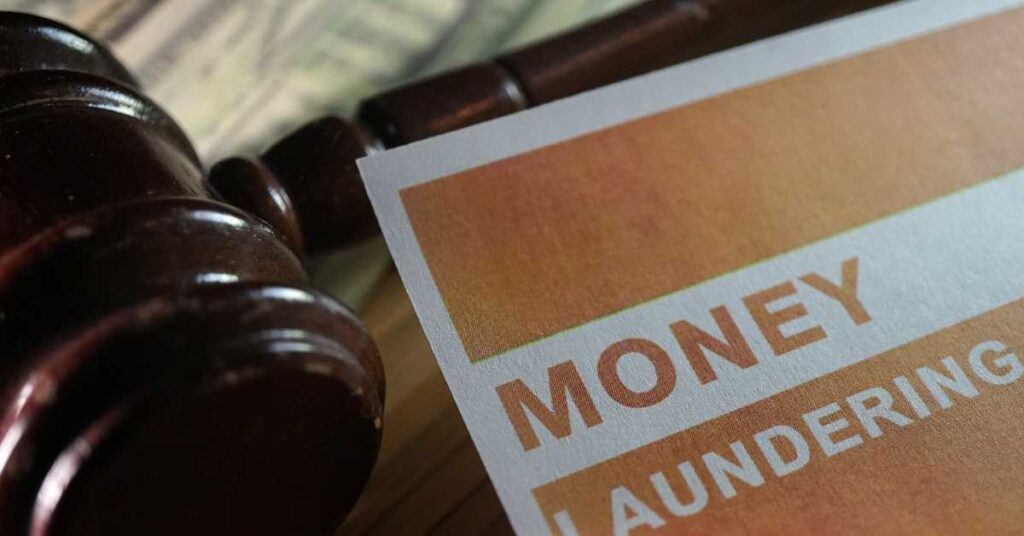💰 What Is Considered a Money Laundering Crime in Florida?
Money laundering is one of the most common—and most complex—white-collar crimes prosecuted in Florida and federal court. From cash structuring to cryptocurrency manipulation, laundering schemes range from simple to highly sophisticated.
If you’re facing charges, it’s essential to understand what qualifies as a money laundering crime—and when you need to hire an experienced Fort Lauderdale money laundering lawyer.
🧼 What Is Money Laundering?
Money laundering is the process of taking money earned through illegal activity (often called “dirty money”) and making it appear as though it came from legitimate sources.
Common motivations include:
- Avoiding detection by law enforcement or tax authorities
- Protecting criminal assets from seizure
- Creating the illusion of lawful income
🔄 Examples of Money Laundering:
- Using cash from drug sales to gamble at a casino, then cashing out with a check
- Depositing illegal profits into a shell company under a false name
- Purchasing real estate with illicit funds and flipping it for “clean” sale proceeds
- Smurfing: Breaking large deposits into smaller ones to avoid bank reporting requirements
- Using cryptocurrency to move and convert funds across jurisdictions
📌 Related: 👉 How a Lawyer Can Help With Money Laundering Charges
⚖️ What Are Common Money Laundering Crimes?
Here are some of the most frequent methods used by individuals and organized criminal groups:
- Structuring (“Smurfing”) – Breaking large sums into smaller deposits to avoid triggering financial reporting requirements
- Real Estate Laundering – Using cash to buy homes, condos, or land, then reselling quickly to generate “clean” sale proceeds
- Shell Corporations – Creating fake businesses to mask the true origin or owners of funds
- Cross-border Laundering – Moving money through foreign banks or digital wallets
- Crypto Laundering – Converting illicit cash to Bitcoin or Ethereum and cycling it through decentralized exchanges
Some large-scale laundering operations have even involved major U.S. banks, as documented in investigations related to Mexican drug cartels.
📊 How Serious Are Money Laundering Charges?
According to the U.S. Sentencing Commission:
- ✅ Over 90% of people convicted of money laundering receive a prison sentence
- 🕐 The average sentence is nearly 6 years
- 💸 Fines can reach $500,000 or more, especially in large-scale schemes
- 💼 Convictions may also involve asset forfeiture, federal oversight, and long-term reputational harm
Money laundering charges are often filed alongside other offenses like drug trafficking, wire fraud, or tax evasion—making it vital to have a seasoned defense lawyer.
🛡️ Charged With a Money Laundering Crime in South Florida?
If you’ve been arrested or are under investigation for a financial crime, time is critical. A money laundering attorney can:
- Challenge the source and traceability of alleged funds
- Fight illegal search and seizure of bank records
- Negotiate for charge reductions or dismissal
- Build a complex financial defense strategy with forensic accounting
At Michael White, P.A., we represent clients across Fort Lauderdale, Broward County, and South Florida facing financial crime allegations.
📲 Call (954) 270-0769 or request a consultation today to speak with a defense attorney experienced in complex white-collar cases.
💬 Frequently Asked Questions: Money Laundering Crimes in Florida
Q1: What qualifies as money laundering under Florida law?
A: Money laundering involves taking money gained through illegal activity and making it appear legal. This includes depositing it into banks, investing in businesses, or converting it to cryptocurrency to hide its origin.
Q2: What are common methods used in money laundering crimes?
A: Common methods include smurfing (structuring), setting up shell companies, real estate transactions, cross-border transfers, and using cryptocurrency to move and “clean” funds.
Q3: Can you go to jail for money laundering in Florida?
A: Yes. A conviction can lead to up to 20 years in federal prison per count, heavy fines, and asset forfeiture. Most people convicted serve time, and the average sentence is nearly 6 years.
Q4: What are some signs that a transaction may involve money laundering?
A: Red flags include large unexplained cash deposits, quick resale of assets, international transfers without business justification, and complex corporate ownership structures.
Q5: What should I do if I’ve been accused of money laundering?
A: Contact an experienced white-collar criminal defense attorney immediately. Do not speak to investigators or financial institutions until you’ve received legal advice.




